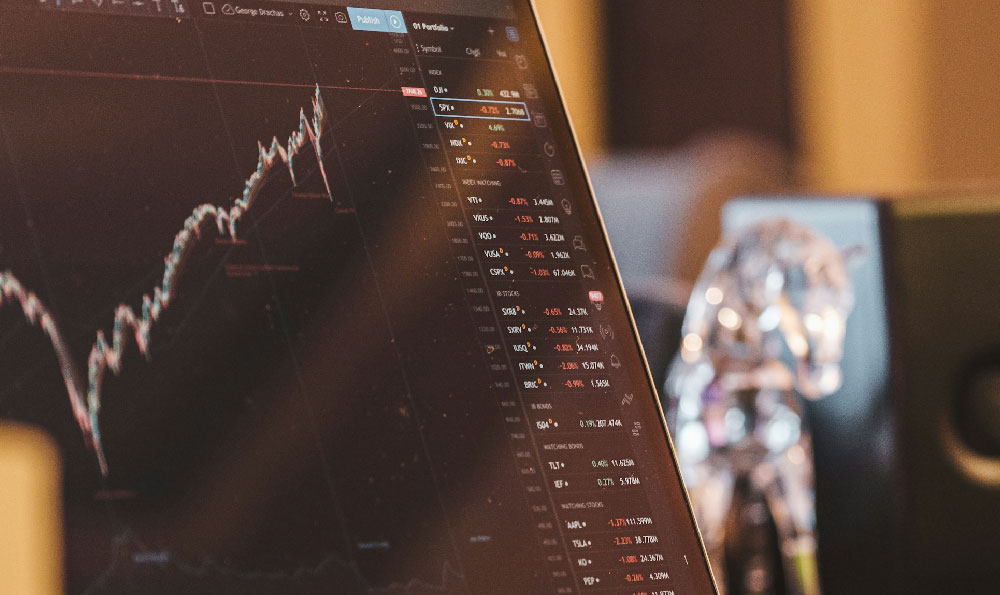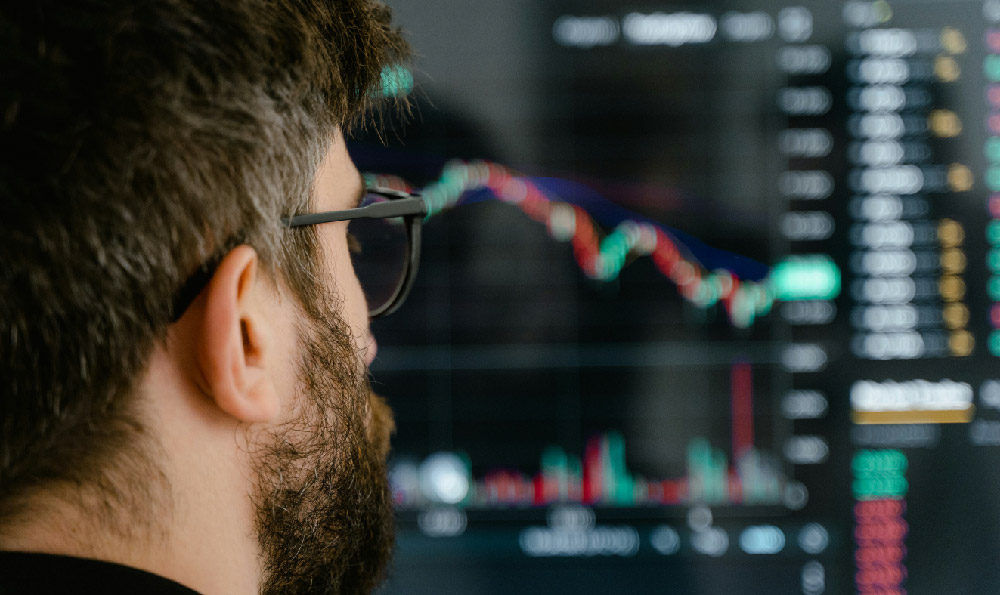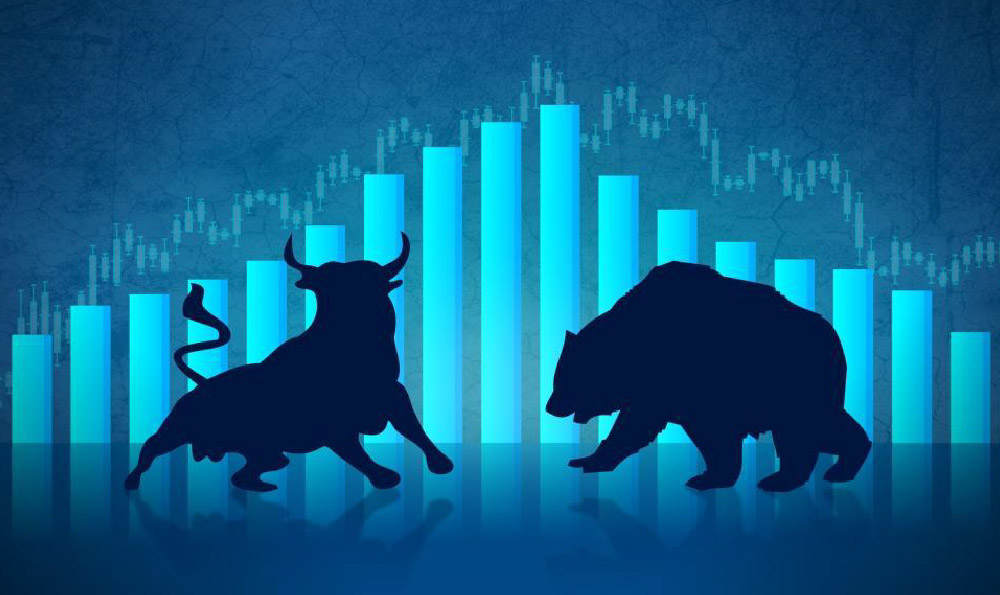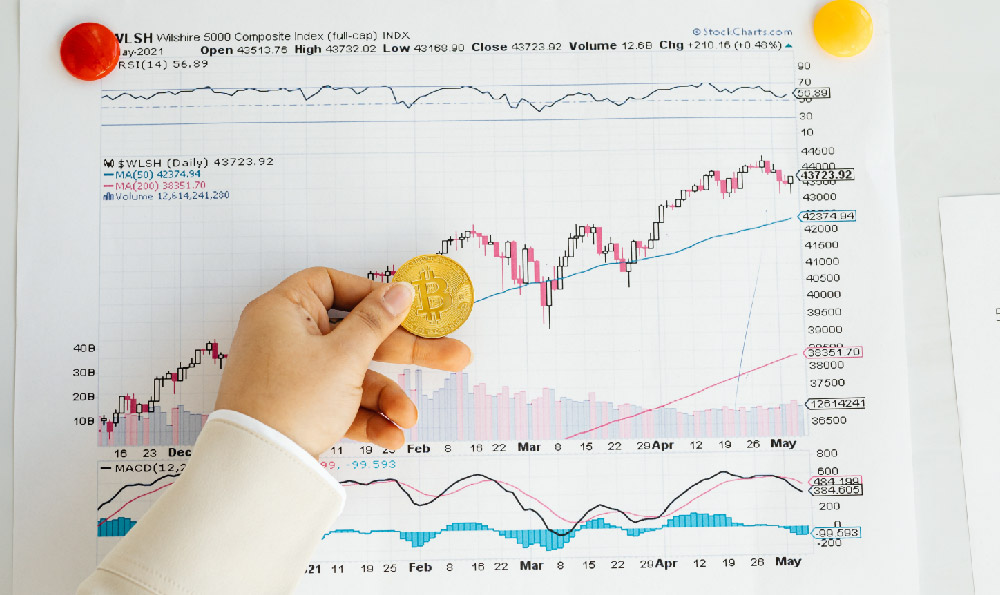
Okay, here's an article exploring the earnings and potential profits of Keith Gill, also known as Roaring Kitty, during the GameStop saga.
Decoding the Roaring Kitty Phenomenon: Dissecting Potential Profits from the GameStop Frenzy
The GameStop saga of early 2021 was a financial earthquake, a David-versus-Goliath battle played out on the stock market stage. At the heart of this drama was Keith Gill, a then-little-known financial analyst who, under the pseudonyms "Roaring Kitty" on YouTube and "DeepF***ingValue" on Reddit, passionately advocated for GameStop (GME) stock. His conviction, combined with a wave of retail investors coordinating on online forums, triggered a meteoric rise in GME's price, squeezing short-sellers and sending shockwaves through Wall Street. The question on everyone's mind remains: how much did Roaring Kitty actually make, and what was the nature of his GameStop profits?

Estimating Gill's exact profits is a complex endeavor, complicated by the fact that he has maintained a level of privacy surrounding his personal finances since the initial frenzy. However, based on publicly available information, including screenshots of his trading positions shared on Reddit, we can piece together a reasonable, albeit imperfect, approximation.
Gill began sharing his GME positions in 2019, long before the stock became a household name. His initial investment, according to the screenshots, was relatively modest, consisting primarily of call options. These call options gave him the right, but not the obligation, to purchase GME shares at a predetermined price before a specific expiration date. This is a leveraged strategy, meaning it can amplify both potential gains and potential losses.
As GameStop's price began to climb in early 2021, driven by the surge in retail investor interest, Gill's call options rapidly increased in value. His initial investment, which was reportedly in the tens of thousands of dollars, quickly ballooned into millions. Screenshots circulating online showed his portfolio reaching staggering heights, with estimates suggesting a peak value exceeding $48 million at one point. This valuation was based not only on his GME shares, which he also acquired, but also on the rapidly appreciating value of his call options.
However, it's crucial to understand that these reported figures represented unrealized gains. This means that the profits existed only on paper, and Gill would have needed to sell his positions to actually realize the cash. Furthermore, the volatile nature of GME stock meant that these gains were highly susceptible to erosion. A sudden market correction or a shift in investor sentiment could have dramatically reduced his profits.
The exact timing of Gill's selling activity remains unclear. He continued to post updates on his positions throughout the saga, but he did not explicitly state when he sold off any of his holdings. This makes it difficult to pinpoint the precise amount he ultimately pocketed. Some analysts believe he likely sold a portion of his holdings as the stock price peaked, securing a significant profit. Others speculate that he held onto his positions longer, potentially experiencing a decline in his overall gains as the stock price subsequently fell.
Beyond the outright profit from his investment, Gill's "GameStop profit" extended beyond mere financial gain. He inadvertently became a symbol of the retail investor movement, a folk hero who dared to challenge the established financial order. He gained a massive following online, inspiring countless others to invest in GameStop and other meme stocks. This, in turn, fueled further price increases, creating a self-reinforcing cycle of speculation and volatility.
It's also important to address the accusations that Gill may have manipulated the market or engaged in illegal activities. The Securities and Exchange Commission (SEC) investigated his activities, but ultimately did not bring any charges against him. The key question was whether Gill had acted as a promoter or a manipulator, intentionally misleading investors to drive up the price of GameStop stock. The investigation concluded that while his actions certainly influenced the market, there was insufficient evidence to prove that he had engaged in illegal manipulation. He presented his analysis and investment thesis, but he did not make false claims or guarantee specific returns. His success was largely attributed to his ability to tap into the sentiment of a large group of retail investors.
In conclusion, while the precise amount of Roaring Kitty's GameStop profits remains a closely guarded secret, it's safe to say that he made a substantial amount of money. Estimates range from several million to tens of millions of dollars, depending on the timing of his selling activity. However, his true impact extends far beyond his personal wealth. He became a figurehead in a movement that challenged the dominance of institutional investors and brought unprecedented attention to the power of retail investors to influence the stock market. The GameStop saga, and Roaring Kitty's role in it, will undoubtedly be studied and debated for years to come, serving as a cautionary tale and a testament to the unpredictable nature of the modern financial markets. The long term impact is that retail investors became more emboldened and a greater force to be reckoned with.





